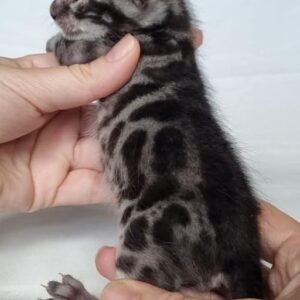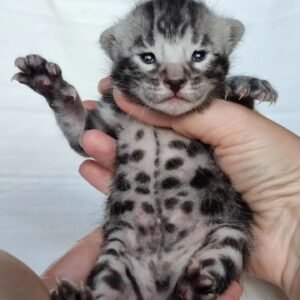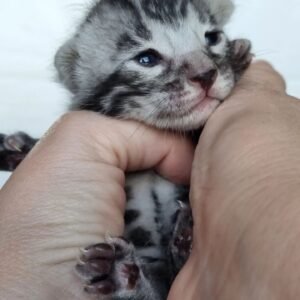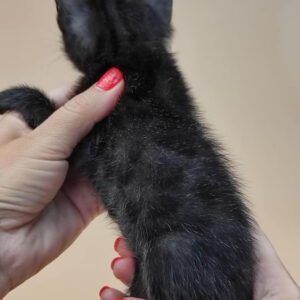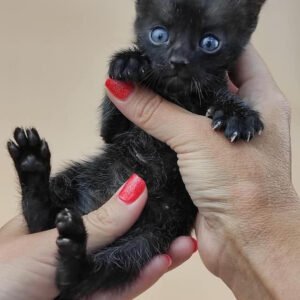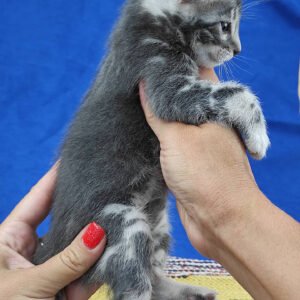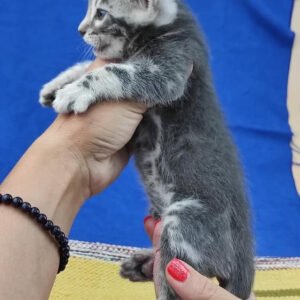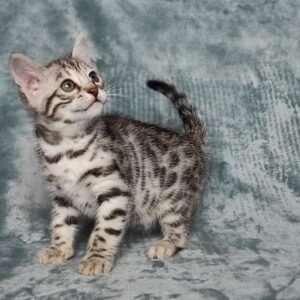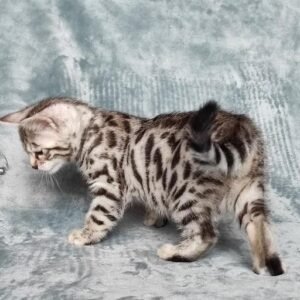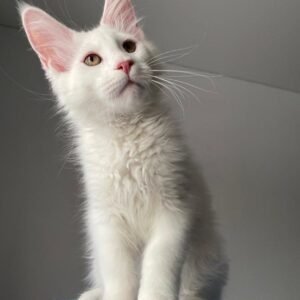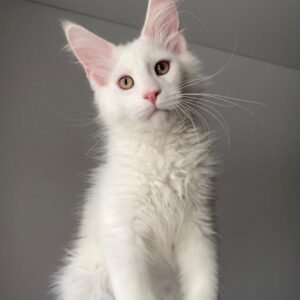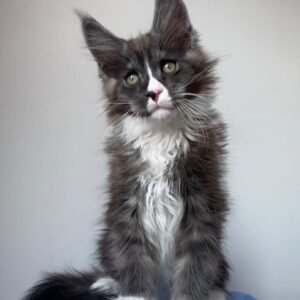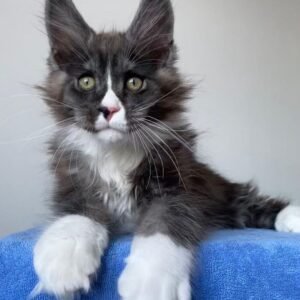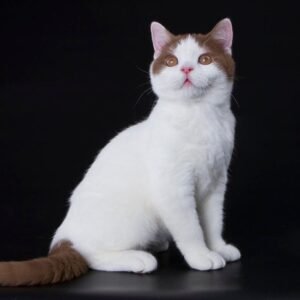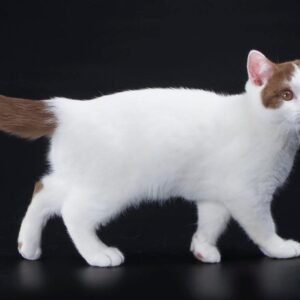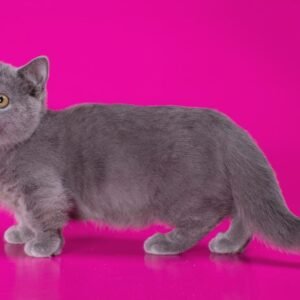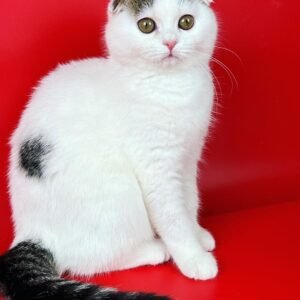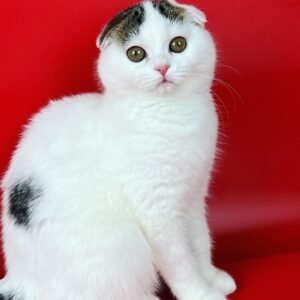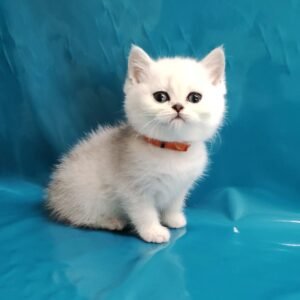Bengal kittens | Bengal Cats
The Bengal cat is a domesticated cat breed established by crossing domestic cats with Asian leopard
cats, particularly the spotted Egyptian Mau. The scientific designation of the leopard cat inspired the
breed name.
The Bengal cannot be described as delicate. They’re athletic, nimble and graceful with a robust,muscular frame befitting a jungle cat.
Bengal cats are actually highly friendly with their human families, despite their wild look. They do,however, have a lot of energy and a lively, joyful side. They want to be active and want a house that can keep up with them.
You will get a clever, affectionate cat who will keep you on your toes if you can meet the Bengal’s desire for activity.
It’s vital to note that cats of any breed might have health problems at any time. A decent pet insurance plan may assist you in getting ready to provide your cat with the care they require at any age.
History of Bengal Kittens | Bengal Pets
The Bengal appears to be a wild cat on the hunt with his characteristic spotted coat and huge stature, yet despite having a wild Asian leopard cat as an ancestor, he is a domestic cat through and through.
Bengals get their name from the scientific name of the Asian leopard cat, Felis bengalensis. They were developed from crosses between an Asian leopard cat and domestic shorthairs, which were available at pet stores in the 1950s and 1960s.
Jean Mill, a California breeder, was the first to produce such a cross, although not with the intention of creating a new breed. She’d gotten a leopard cat and given her permission to keep company with a black tom cat so she wouldn’t be lonely. Mill retained a spotted female, which she hadn’t expected because
she hadn’t expected the two species to mate. Her father’s breeding resulted in a litter of spotted and solid kittens.
Personality of Bengal Kittens | Bengal Cats
The Bengal is a very energetic and clever creature. This makes him enjoyable to be around, yet he may be difficult at times. The Bengal is a confident, chatty, sociable cat that is always on the lookout. Nothing goes unnoticed by him.
He enjoys activities like fetch and is a natural at learning new feats. His dexterous paws are almost as excellent as hands, and it’s a good thing he doesn’t have opposable thumbs, since he’d control the world. Bengal cats who are bored can develop some unusual (and even hazardous) behaviors, like as turning light switches on and off, snatching seals out of sewers, and enthusiastically plucking CDs fromyour DVD player.
The Bengal is not beyond leaping into the tub or wandering into the shower with you if you like to play in the water. His cunning paws might endanger aquarium and pond fish. He also enjoys climbing and is frequently seen perched on the highest place in the house. A tall cat tree or two, as well as puzzle toys
that will test his brain, are essential for this feline.
The friendly Bengal kitten will gladly sit on your lap when he isn’t hanging on chandeliers or swimming in your pool. He will, without a doubt, sleep in your bed. Yes, he does steal the covers.
How to care for your Bengal Kitten
The Bengal’s short, dense coat requires just weekly brushing to remove dead hair and disperse skin oils. Baths are rarely required.
Periodontal disease may be avoided by brushing your teeth. Daily brushing is ideal, but weekly brushing is preferable than nothing. Every few weeks, trim your nails. To eliminate any discharge, wipe the corners of your eyes with a gentle, wet cloth. To avoid spreading infection, use a different section of the towel for each eye.
Check the ears once a week. If they appear to be unclean, clean them using a cotton ball or soft wet cloth dampened with a 50-50 combination of cider vinegar and warm water. Cotton swabs should not be used since they can harm the ear’s inner. Cats are fussy about toilet hygiene, and a filthy box may prompt them to utilize other areas of the house instead.
Keep a Bengal indoors solely to protect him from diseases shared by other cats, assaults by dogs or
coyotes, and other hazards that cats encounter when they venture outside, such as getting hit by a car.
Local birds and wildlife are likewise safe from this ardent hunter since he is kept indoors. Build your Bengal a big outside area where he may safely jump and climb if feasible. Bengals that go outside are also at risk of being stolen by someone who wants a gorgeous cat without having to pay for it.
Grooming And Coat Color of Bengal Kitten
Bengals are not sensitive creatures. He’s a natural athlete, with a robust, muscular build that befits a jungle cat. His large head has rounded curves and is shaped like a modified wedge. Medium to tiny ears, situated to the side of the head, sit above it.
The eyes are almost spherical and have a large oval shape. The long, muscular neck connects the head to the body. Medium-length legs with big, round paws support the torso, with the back somewhat longer than the front. The tail is thick and medium in length, with a black tip.
Another distinguishing feature of Bengals is their speckled belly, which can be seen when they roll over. A short, dense fur that feels wonderfully smooth and silky adds to the Bengal’s untamed aspect. Brown tabby, seal mink tabby, black silver tabby, and seal silver lynx point are some of the hues and patterns
available.
The coat can be marbled, with horizontal stripes placed randomly over a lighter backdrop, or it can be spotted randomly or in horizontal patterns. The coat of certain Bengals is characterized as “glittered.”The fur gleams in the sunshine, as though dusted with gold dust.


